Graham Reid | | 4 min read
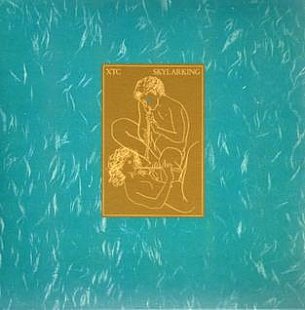
Some time in the late Nineties my phone rang at the New Zealand Herald where I was a senior feature writer with specific interests and responsibilities in music.
The young woman at the other end was from a record company with an interview request and seemed nervous, not because I ever made their lives particularly difficult but as the biggest paper in the country we would decline a chat with the drummer from Ratt, the bassist in Loverboy or the third centurion from the left in Pulp.
She asked if I knew of the group Ecstasy and I said I didn't: some UK rave group, black hip-hop out fit I asked? A debut album?
No, she said, they were a British pop group and seemed to have been around a while . . . and we have time with their singer-songwriter.
And that's how I came to speak with the witty and smart Andy Partridge of XTC about their wonderful new album Apple Venus Volume 1.
By that point – almost a decade on from their debut album White Music – XTC had moved on from their spiky post-punk and power pop (This is Pop, Making Plans for Nigel) through blunt Ray Davies-inspired social observation, a couple of lesserly acclaimed albums, their unashamed Sixties-style psychedelic pop in their side project Dukes of the Stratosphear (which embarrassingly outsold their two previous XTC albums) and some line-up changes behind singers and songwriters Partridge and bassist Colin Moulding.
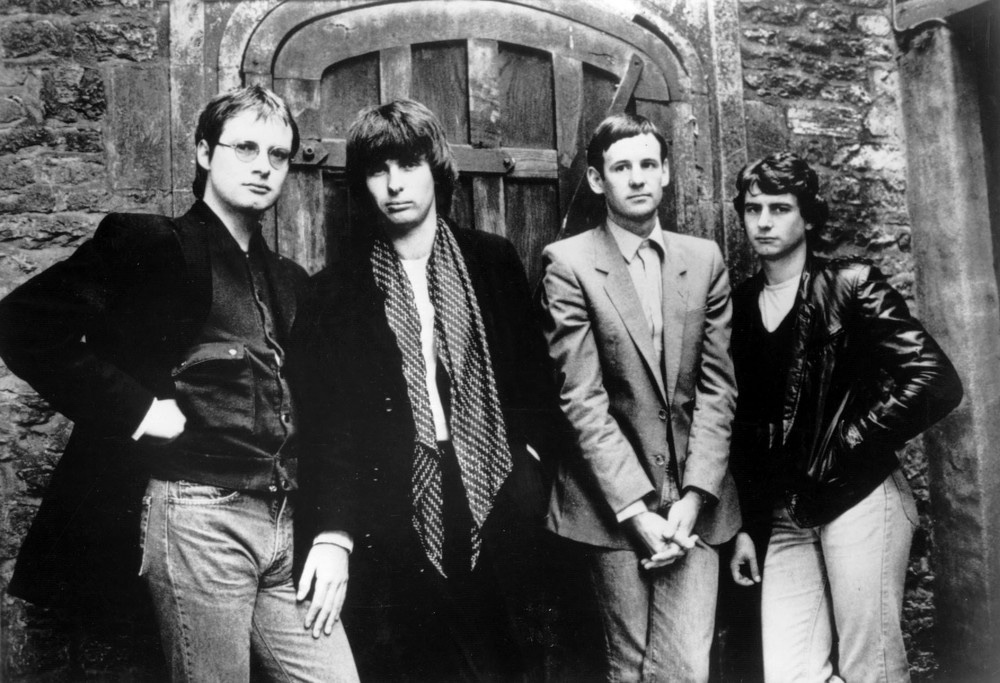 Partridge had also suffered from anxiety and panic attacks when he stopped taking the Valium he'd been on since he was 12 and by the mid Eighties their career, such as it was, seemed all behind them. Because they were no longer able to tour, their record company Virgin threatened to drop them unless they had success in the US with their British sound and to that end insisted they work with an American producer for their next album.
Partridge had also suffered from anxiety and panic attacks when he stopped taking the Valium he'd been on since he was 12 and by the mid Eighties their career, such as it was, seemed all behind them. Because they were no longer able to tour, their record company Virgin threatened to drop them unless they had success in the US with their British sound and to that end insisted they work with an American producer for their next album.
From the list Partridge chose, of all people, Todd Rundgren, who certainly had the chops. He was an Anglophile but had produced the New York Dolls and Meat Loaf's bombastic Bat Out of Hell.
There was immediate tension between Partridge and Rundgren but when the album emerged in '86 it was their finest moment to date.
It was Skylarking and, as the Beatles and others had discovered two decades previous when they too quit touring, their musical palette was broadened and deepened when they had more time to write, think and record.
Skylarking brought in strings and horns arranged by Rundgren, alongside synths and the standard group line-up. Freed up also by the pleasure of making the Dukes album they also had a wealth of material and Moulding got five of the 15 tracks on the final album.
The album also spawned an unlikely radio hit in the US when DJs turned over the Moulding-penned single Grass to find Partridge's atheistic swipe Dear God which was heard as anti-religious by some listeners and the controversy meant more airplay.
The song hadn't been included on the original pressing (Partridge argued for it to be dropped for time and fear considerations) but it was reinstated subsequently and drew more attention to the album's sometimes lush, layered and subtle post-Beatle pop.
It was widely acclaimed and even today regularly turns up in most “best of” lists by both British and US critics for its pastel shades, surprising warmth given the fraught relationship between Partridge and Rundgren, skillful pop alongside pastoralism, lushness and loose concept (imposed by Rundgren).
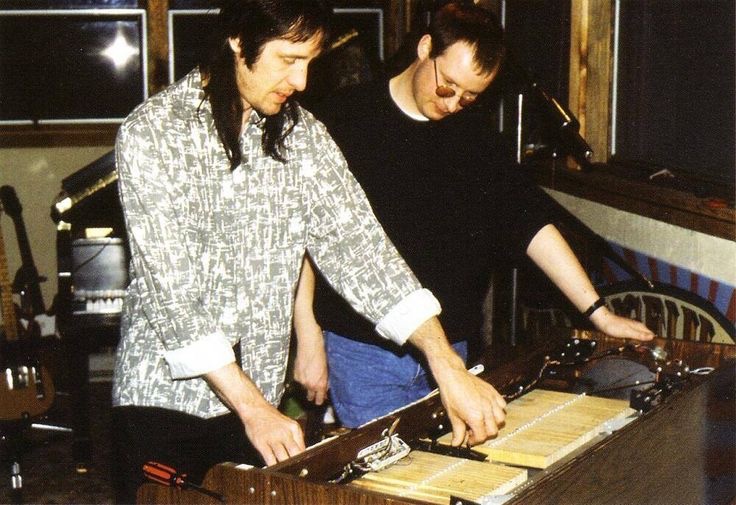 During the recording however drummer Terry Chambers quit and Prairie Prince of the Tubes (whom Rundgren had produced) took over the role, and by the end Rundgren was glad to get out and Partridge took every opportunity to disown the record and trash-talk Rundgren.
During the recording however drummer Terry Chambers quit and Prairie Prince of the Tubes (whom Rundgren had produced) took over the role, and by the end Rundgren was glad to get out and Partridge took every opportunity to disown the record and trash-talk Rundgren.
Rundgren said, “He hated me at that point, and he was willing to sabotage his own career through his vitriol over me.”
“At the time,” Partridge would say later, “I thought, 'Jesus, this man's killed our career'. But I think he actually brought something out in us that we didn't know how to bring out, he did us a great favour.”
Opening with birdsong and the psych-pastoralism of Partridge's McCartney-melodic Summer's Cauldron the mood is established immediately: it is an album of ice-cream cones and cuckoos, gentle strings and jangling guitars, subtle drones alongside swelling tunes, and the pairing of Partridge's slightly jaded worldview in places (Dear God) and Beatles/Ray Davies influences (Seasons Cycle) with Moulding's mature pop sensibilities (Another Satellite).
As is noted in the recent XTC doco This is Pop, they were never a Lennon-McCartney because they didn't write together but their different personalities gave the group breadth, and it is evident all over the lovely Skylarking.
This was Swindon's Sgt Revolver's Preservation Society pop.
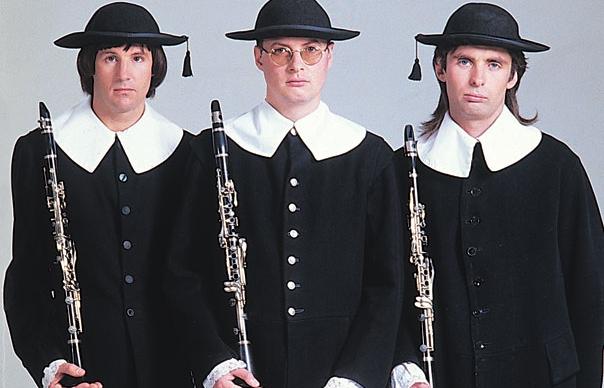 Against the odds Skylarking – which anticipated some of Britpop's concerns in the mid Nineties as would be epitomised by Blur's Modern Life is Rubbish and Parklife – was the album which saved the career of XTC. It would allow them to later record similar delights such as Nonsuch ('92) and Apple Venus Volume 1 ('99) and that's where we came in . . . and where they bowed out after Wasp Star/Apple Venus Volume 2 in 2000.
Against the odds Skylarking – which anticipated some of Britpop's concerns in the mid Nineties as would be epitomised by Blur's Modern Life is Rubbish and Parklife – was the album which saved the career of XTC. It would allow them to later record similar delights such as Nonsuch ('92) and Apple Venus Volume 1 ('99) and that's where we came in . . . and where they bowed out after Wasp Star/Apple Venus Volume 2 in 2000.
At times it sounds as if Brian Wilson had grown up in Swindon with an interest in the forests and small town British life than Californian beach culture.
Skylarking has seen a number of remaster/reissues over the years and is now one of the XTC reissues on CD, BluRay and heavyweight vinyl with both Dear God and Mermaid Smiles (the latter had been dropped to get Dear God back in the post-2001 reissues) included. The series -- which currently includes the two final Apple Venus editions -- is through Ape House in the UK and available in New Zealand through Southbound.
These Essential Elsewhere pages deliberately point to albums which you might not have thought of, or have even heard . . .
But they might just open a door into a new kind of music, or an artist you didn't know of. Or someone you may have thought was just plain boring.
But here is the way into a new/interesting/different music . . .
Jump in.
The deep end won't be out of your depth . . .

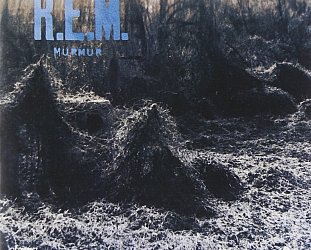
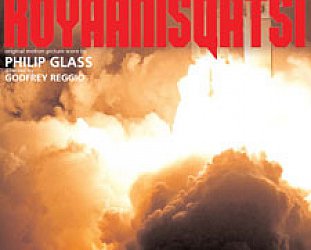

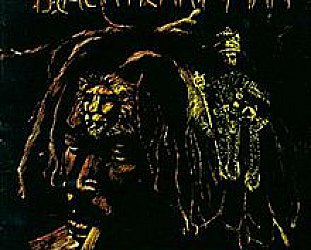
post a comment